“Too many plugins will slow your site down“. If you’ve spent any time learning about WordPress, you’ve probably seen this statement. Is it true, though? And just how much do plugins affect WordPress performance? 📊📊📊
In general, there’s no hard cap on the number of plugins that you can run on your WordPress site. While that doesn’t mean you should go crazy installing every plugin in the WordPress.org repository, there’s no reason to believe that the simple act of installing “more” WordPress plugins by itself is bad for your site’s performance.
To help prove that point, we performed real-world tests on five commonly-used categories of WordPress plugins to determine how they affect load times.
We then compared the load times to find out how much plugins affect WordPress performance across those various categories. Before get into the results though, let’s first break down the details on exactly how we conducted these performance tests. If that’s not interesting to you and you’re hungry for just the results, then feel free to skip straight ahead.
How we conducted our performance tests

Testing a site’s performance is easy enough. You can use tools such as Pingdom to run speed tests in seconds, although it’s best to repeat them a few times and find an average. For our test, we used a simple website with WordPress’ theme unit test data installed on it, to simulate a site with a decent amount of content.
This website is hosted on Flywheel, which guarantees top performance.
To start off, we tested how long the site itself took to load using Pingdom Tools. That gave us a baseline for our later comparisons. Then we installed plugins from five popular categories and re-tested our loading times to see what impact the plugins had. After each test, we restored our website to its initial state to wipe the slate clean.
How five types of plugins affect WordPress performance 🔌
As we mentioned, we first tested our homepage’s base loading speed with Pingdom Tools. We used the San Jose, California server, and repeated the test three times to get an average. After all, results often vary quite a bit between instances.
According to Pingdom Tools, our initial test site took 0.93 seconds to load.
🙋🏻♂️ Let’s find out how much plugins affect WordPress performance!
(Charts by Visualizer Lite).
📚 Table of contents:
- Security plugins
- Backup plugins
- Contact Form plugins
- Search Engine Optimization plugins
- Ecommerce plugins
1. Security plugins 🔒
For this test, we’re going to set up the Wordfence plugin on our website. It’s one of the most popular and comprehensive security plugins on the market, thanks to its all-in-one approach to protecting your site.
Its wealth of features should make the plugin more resource-heavy than most. In fact, after installing it, we went from a loading time of 0.93 seconds to an average of 1.13 seconds. As with all subsequent plugins, we ran the test on this one three times.
(The no-plugin benchmark time in green.)
Here are the results from one of those instances:

From a big picture perspective, .20 seconds by itself is a fairly small increase. And in this instance, the plugin’s features may justify it (depending on your needs).
2. Backup plugins 📥
Backup plugins are critical for most WordPress sites. Unless your web host offers you automatic backups, you need a tool to help you back up your WordPress site. Personally, we’re big fans of UpdraftPlus.
Unlike security plugins, this type of tool doesn’t do a lot of work behind the scenes until it’s time for a scheduled backup or you need to restore your website. That means it shouldn’t have any noticeable impact on your front-end load times.
Our tests seem to confirm that assumption:

Our loading times, in this case, averaged 0.94 seconds, which is virtually the same as our initial test site.
This is a good example of how plugins by themselves don’t necessarily add to your load times.
3. Contact Form plugins 📇
Contact forms are one of most popular website features around. Regardless of what type of site you’re running, chances are you decided to include a contact form somewhere. Since Contact Form 7 is the most popular option for WordPress, it made sense to test Contact Form 7 to see how it impacts our site’s performance.
As far as our tests can determine, this particular plugin had little to no effect on our site’s speed. This makes sense when you consider that a well-coded contact form plugin should only affect the page where it displays:

After installing it, our average loading time was just 0.96 seconds, which is again virtually the same as our initial test site.
4. Search Engine Optimization (SEO) plugins 📈
SEO is one of the most important strategies you can use to get more eyes on your website. That’s one of the reasons that SEO plugins such as Yoast SEO and All In One SEO are so popular.
Yoast SEO is a comprehensive tool that runs on virtually every single front-end page on your website. Because it’s so ubiquitous, it makes sense that Yoast SEO has a slight affect on page load times:

In this case, our average loading time went up to 1.03 seconds.
This is to be expected, considering the plugin’s wealth of functionality, but it’s still a reasonably significant impact.
5. Ecommerce plugins 🛒
Finally, ecommerce plugins are one of the most interesting categories we decided to test. After all, they tend to add a staggering amount of functionality to WordPress, and WooCommerce is no exception.
With a plugin that does this much, it’s only logical to expect a small hit to performance. Our tests confirmed that theory:

In this case, we walked away with a loading time average of 1.22 seconds.
That’s by far the biggest hit to performance we’ve seen, but it’s to be expected from this category of plugin.
Do WordPress plugins affect your loading times? 🤔
The short answer to this question is that plugins definitely do have the capability to affect your loading times. But there’s no rule for “how much”. Some plugins, like backup and contact form plugins, should have no noticeable effect on your site. While others, like ecommerce plugins, are likely to add at least some time to your page load times:
| Base loading time (in seconds) | Loading time after install (in seconds) | Change in % | |
|---|---|---|---|
| Security plugins | 0.93 s | 1.13 s | 21.50% |
| Backup plugins | 0.93 s | 0.94 s | 1.07% |
| Contact form plugins | 0.93 s | 0.96 s | 3.22% |
| SEO plugins | 0.93 s | 1.03 s | 10.75% |
| Ecommerce plugins | 0.93 s | 1.22 s | 31.10% |
Overall, while it’s true that some plugins affect WordPress performance, you should be more than fine if your site is well optimized and you select quality plugins. Your choice of web host and plan will also be a determining factor.
That is, there’s no hard number for how many plugins you can have. As long as you pay attention to your site’s performance, feel free to install as many plugins as you want. You can find plenty of respected WordPress developers (like Samuel Wood and Pippin Williamson) to back up this point[1].
Just to be thorough, we also ran a test with all five plugins active simultaneously, and our loading times came out to an average of 1.20 seconds. This indicates that adding more plugins doesn’t necessarily translate to a linear decrease in site performance.
Conclusion 🧐
People often talk about how much plugins affect WordPress performance. However, it isn’t always easy to find hard data to back up those assertions. That’s why we decided to test some highly popular plugins on our own, to gauge their impact on a basic WordPress site.
During our tests, we found that most categories of plugins don’t seem to have a noticeable impact on your site’s performance. That is, of course, if you’re using a quality web host. If your site always feels sluggish, chances are it has more to do with poor optimization than with your choice of plugins. 🔌🔌🔌
Have you been having any problems with too many plugins affecting your WordPress performance? Share your stories with us in the comments section below!







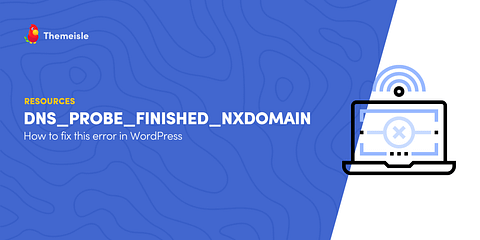
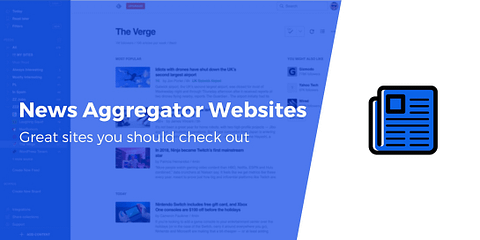
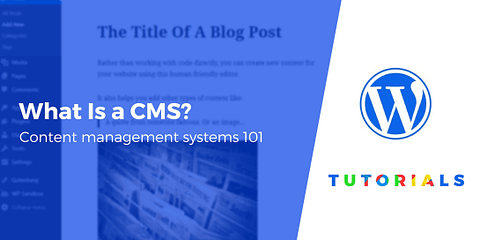


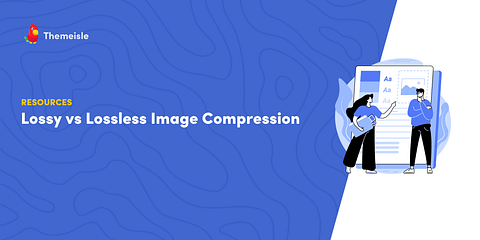


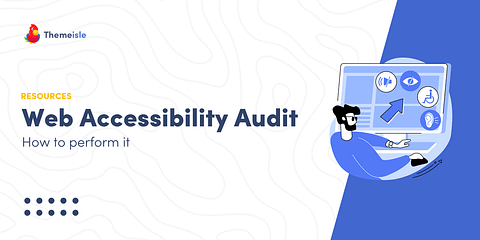
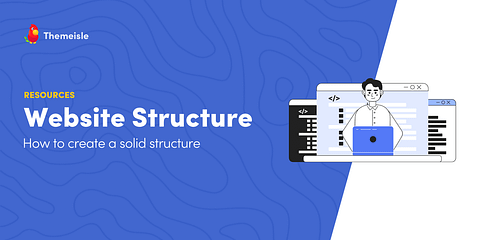
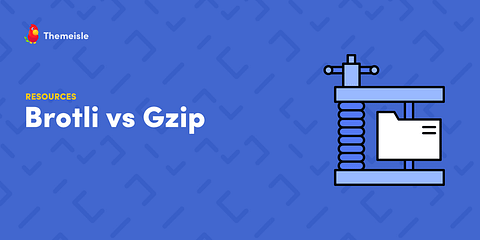

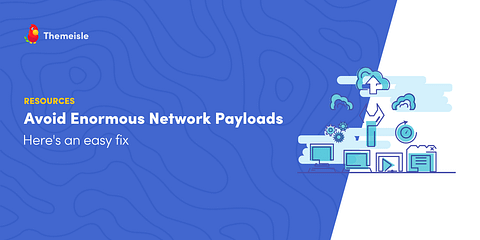
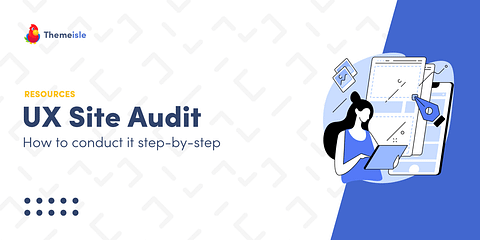

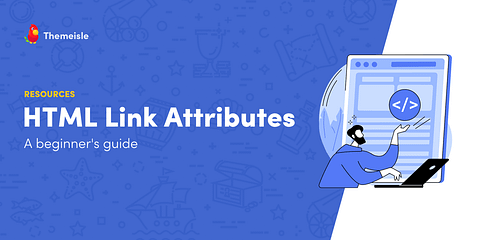
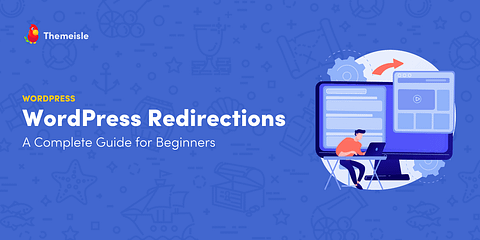

I think the more important question is if comments affect performance?
Thanks for writing this article. PagePipe (blog) defends the idea that it’s “quality” not “quantity” that affects load time. We agree with you. As evidence, PagePipe has close to 50 plugins and loads in under 2 seconds on WebPagetest.org (worst-case scenario) and under 1 second on Pingdom (best-case scenario). That’s on cheap, magnetic, shared GoDaddy servers. So it can be done. The plugins you’ve chosen as examples are not good for speed. We use none of the plugins that you imply are fast. They’re not fast. They’re the worst. We’ve done our own testing with results contrary to yours. Plugins do have a cumulative and often negative global effect, we call this “site drag.” Contact Form 7 adds 42.8 milliseconds of site drag. Yoast SEO plugin adds 79.6 milliseconds of site drag. Site drag affects every single page and post of your site. Not just pages where shortcodes exist. It’s possible to use substitute, alternative free plugins. Then you get the same features as the plugin you’ve mentioned with non-existent site drag. Popular plugins are the slowest loading. We write about this phenomenon at Pagepipe and why you should avoid popular plugins. Alternative plugins and themes for speed is our… Read more »
Hi Steve! Thanks for your comment, and for sharing your experiences. Your mileage will vary with any plugin, since not all sites will be affected the same way. Some users may see a larger or smaller speed decrease, based on their setup and the size of their site.
We do stand beside the plugins listed above as solid options for most WordPress sites. However, we encourage users to perform tests for themselves, so they can make an educated decision about whether a given plugin’s impact is worth the functionality it adds.
Hi
Thank you for this review.
.
Does “backend-plugins” have any effect on loading time?
“Backend-plugins” like :
“WP Edit” (a plugin to Customize the Rich Text Editor)
or
“Simple Image Sizes” (a plugin that allows to create custom image sizes)
My logic tells me that they will have no effect …. but is that so?
Best regards,
Lars, Copenhagen
You can easily enough have WooCommerce stores load sub 800ms.
Hi Luke, thanks for your comment! Every user’s experience will be somewhat different, even when using the same plugins. We encourage you to test new additions to your site, to determine if their load is acceptable or not.
Any chance you could include redirection plugins in this review?
301 Redirection Plugin adds 9 milliseconds to all pages and posts. Not a big deal. A “normal” plugin that’s benign adds about 1 millisecond. That’s nothing by comparison to adding Yoast SEO plugin (80 milliseconds). You could add 80 normal plugins instead of that one. For comparison, a fast, stripped theme loads in 50 milliseconds. But a heavy theme like Divi loads in seconds, not milliseconds. Everything is relative and not absolute. I could put hundreds of plugins on my site if I don’t use Divi or The7 themes — and still have the same load time.
Good to see some experiments conducted on the biggest rumor and myth for webmasters.
Hi Walter; thanks for your comment! We’re glad you found this post valuable. 🙂
Or start the conversation in our Facebook group for WordPress professionals. Find answers, share tips, and get help from other WordPress experts. Join now (it’s free)!